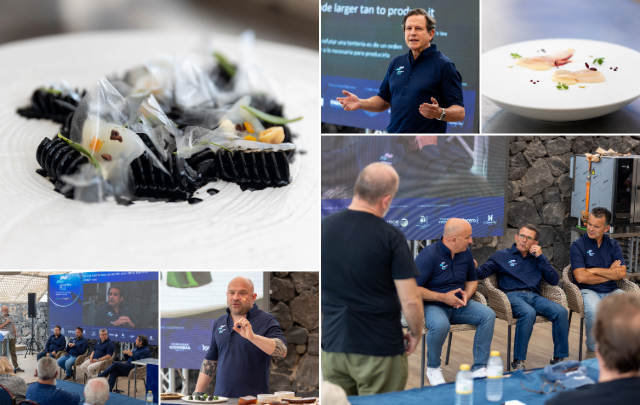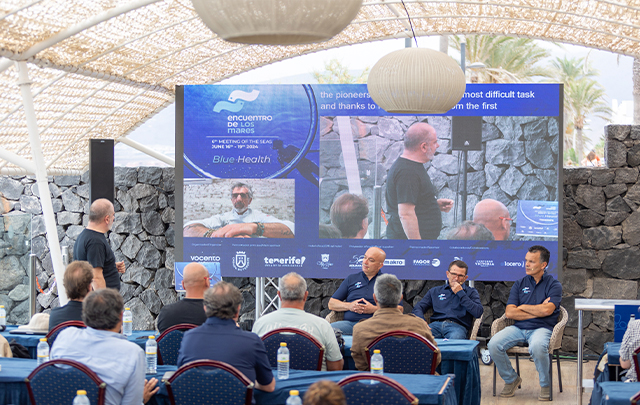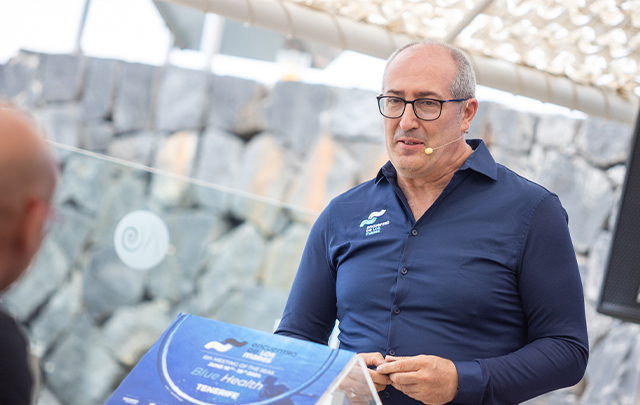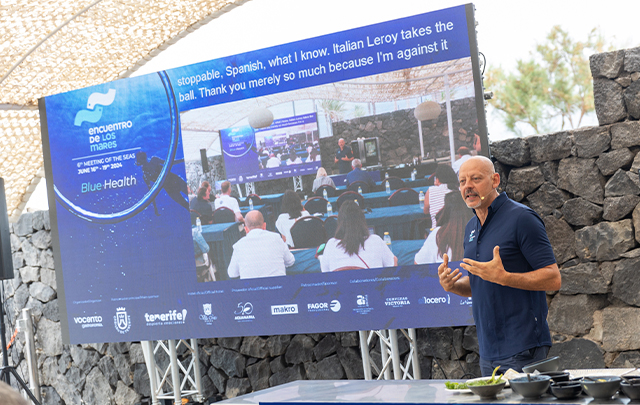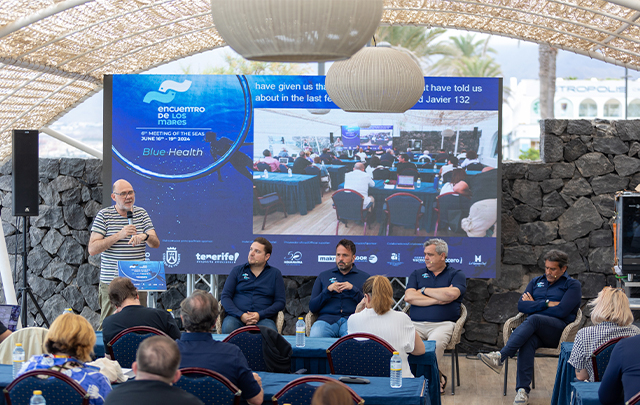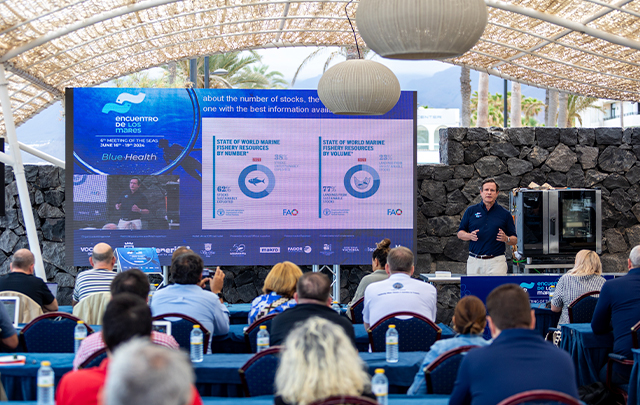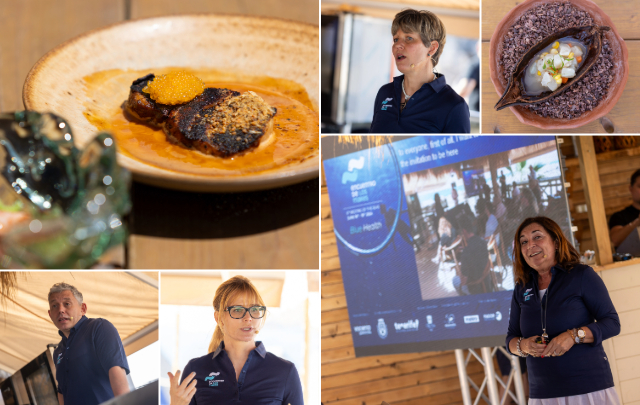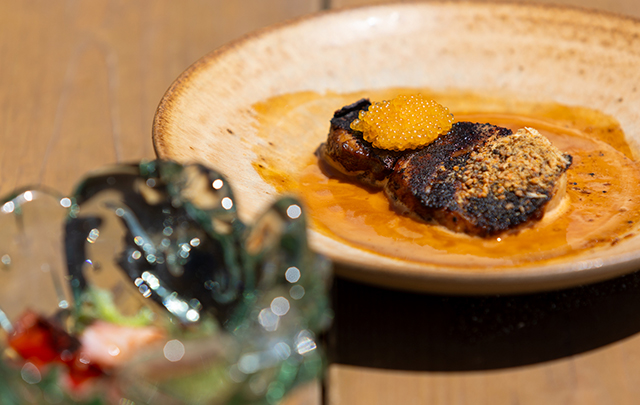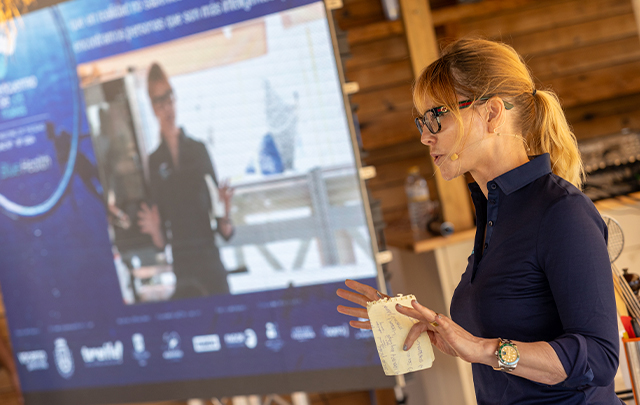News
The importance of traditional diets for health
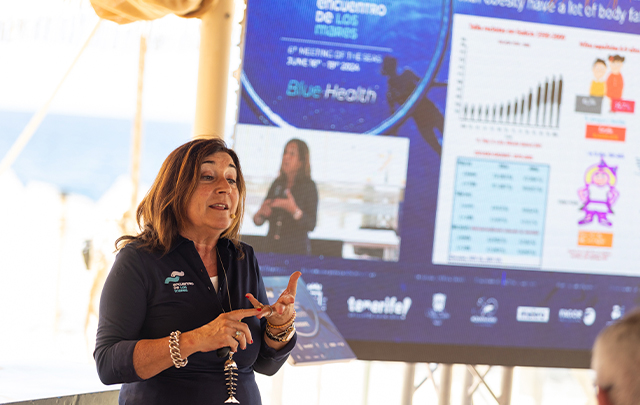
Rosaura Leis defends the value of the Atlantic diet and believes it is time to act, focusing on the nutrition of the youngest, a responsibility that concerns us all.
"If we want to be healthy, we must return to these traditional diets from the first moment of our lives". This is the final thought of Rosaura Leis, President of the Scientific Committee of the Atlantic Diet Foundation and a Galician paediatrician, who advocates with conviction, but also with data, the recovery of a diet, the Atlantic diet, of which Galicia and Portugal are the best representatives.
"It is a diet that has evolved over 2,000 years and, like any healthy diet, is characterised by the abundant consumption of fish, shellfish, molluscs and crustaceans, fresh, tinned or frozen. It is based on local, fresh, minimally processed products," she said.
She listed the ten commandments of the Atlantic Diet, which include eating more whole grains, more fish, more vegetables, fruit and olive oil, more dairy products, more lean meats and sausages.... Steaming, boiling, grilling and baking should also predominate and frying should be avoided. At the same time, we should limit fast foods rich in fat and sugar or sugary drinks.
And in this diet, as in the Mediterranean diet, fish plays a fundamental role as an important source of nutrients, over and above the omega-3s about which so much has been said this morning: "It is much more than polyunsaturated fatty acids. It is a sum of benefits, of synergies between its components".
According to the paediatrician, the recommended intake is three portions a week, with a preference for oily fish: "It is very important from the point of view of fertility, because it improves the quality of sperm; but it is also essential during pregnancy for the development of the foetus. And in the elderly, it is important for cognitive function.
Lack of adherence
However, there is no denying the decline in fish consumption, which goes hand in hand with a lack of adherence to traditional Mediterranean and Atlantic diets, "which are the life insurance of our population". The expert believes that "we must adapt the recommendations to our traditions, traditional habits or needs, to the dietary patterns of each country. And here, fish should be the dietary matrix". Leis reviewed several studies in which she herself had participated and stressed that the results always showed a direct link between fish consumption and better health.
But, of course, not all the results are positive, and as far back as the 1980s, the FAO pointed out that these diets were in danger of extinction: "You only have to look at how children, from their earliest years, do not meet the nutritional recommendations, neither for omega-3, nor for iron, nor for vitamins... There is an excessive consumption of saturated fats and a loss of adherence to traditional diets".
Leis alluded to a study in which not one child in a sample of 1,700 met the dietary recommendations: "This is directly related to obesity and the use of screens while eating, which is a real risk." For Leis, it is not only what we eat that matters, "but how we eat it and when we eat it; this is the importance of chrononutrition, when we eat it".
Finally, the paediatrician argued that "given the risk to our health, now is the time to act. As a paediatrician, I believe that we must detect, mitigate and educate". But she also believes that "grandparents, in addition to caring, can teach us how to cook and how to recover. There are also parents and teachers, of course, but also politicians who need to listen, help and support us".

